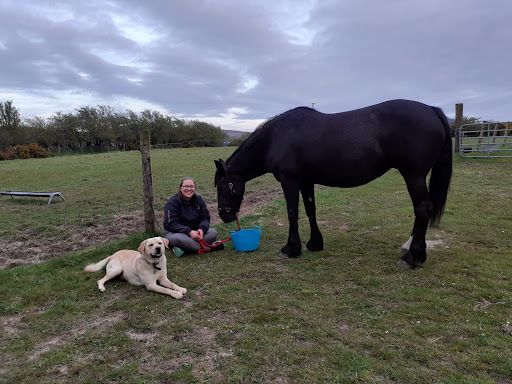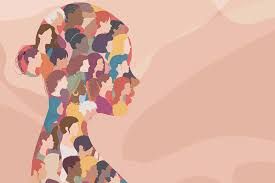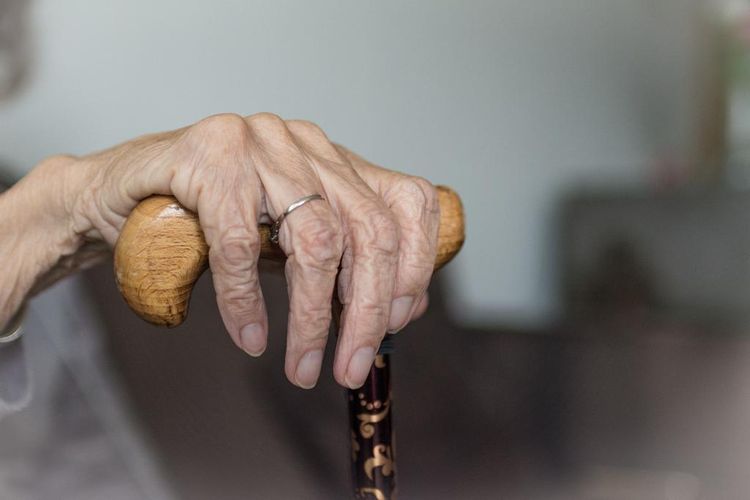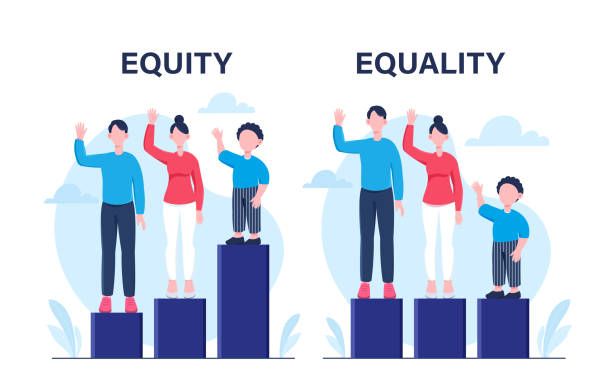Note to Science: Women are not small men

I’m not going to start with a lovely introduction to periods, puberty and menstruation in women. First of all, they often aren’t all that lovely and you most likely have had “the talk” in school at some point. You know the one. They come in with their laminated diagrams and explain to you that you will soon begin to experience this wonderful thing called menstruation, a feat of nature, something that marks your transition into womanhood. The way they describe it, I would have expected some otherworldly experience - picture the island goddess Te Fiti at the end of Moana. What I actually got was the rage filled, fiery Te Fiti in the middle of the film - the one that wants to fight the world. This was before I had seen those lovely laminated posters. I didn’t fully know what was going on - I just got told that it was a fact of life and I just had to deal with it. But what if just dealing with it isn’t enough? What if we were to take a step forward and learn to thrive with it? What if we could change how we approach exercise and sport? Women are physiologically different from men. So why don’t we know more about how menstruation and our periods impact our performance? And why aren’t we talking about it?
The reality is that there is limited research on how women’s menstrual cycles affect them - both day to day and in a sporting context. For years, it was considered unethical to experiment on women. So we are now learning about everything, from menstruation, to how women present differently with certain medical conditions. I was doing research for this piece and a lot of it was quite vague - referring to an “average” cycle of 28 days but the detail was limited beyond this. As women, we know what our cycle is - and we have been learning about it since the day we first heard the word “period”. So what can we do to flip the switch from just dealing with periods, to using it to achieve our goals?
I have three main points:
Keep a diary
This is the most obvious thing to do. As we all know, our cycles should be regular. From time to time, there may be some fluctuation with a few days here and there, but on the whole, we should all have an idea of when we are due our period and how long it should be. We can add more to this log. We can choose to log any symptoms we experience - from cramping, to tiredness, moodiness to anxiety or sadness. By keeping track of what is going on, we can actively take charge of how we plan exercise or try to reach our goals. There isn’t much point in trying to do a long run when you are already exhausted and feel weak, but if you keep track of your symptoms - you can schedule that for a day where you feel ready to take on the world. It can also be helpful to show if there are irregularities in your cycle or concerning patterns of symptoms that may need medical attention.
Look at your diet
Our food should fuel us. The entire reason that we, as humans, eat food is to get the energy we need to function day to day. Most of us are busy. How often do you grab something on the way from work to the yard, or while you are running out the door to see that friend you haven’t seen since before competition season started? We all do it, but that doesn’t make it right. It may help to write down your routine - and make sure to be honest. Mark down the days you don’t get lunch or breakfast, or the days you are teaching until 10pm. See if there is a connection between certain meals, your time in your cycle and feeling lethargic. Eating an apple at 8am will not keep you fueled until dinner on a normal day, nevermind if you are lethargic due to your menstrual cycle. If you do not fuel your body, how is it supposed to be able to support you to live your life? Don’t even get me started on water intake and making sure to drink enough of it!
Be kind to yourself
Our menstrual cycles are full of hormones, hot water bottles and emotional rollercoasters. We live in a world that is designed for men - everything from working hours, to wearing white or cream jodhpurs at competitions. We are expected to be absolutely fine with this 100% of the time. That isn’t a realistic expectation to put on ourselves. We are allowed to climb into bed with a hot water bottle and lie in the fetal position and cry if that is what we need to do to get through a bad bout of cramps. We are allowed to snap at someone who asks if we are on our periods when we have an emotion. We spend every day looking after everyone and everything. And we do it so well. But we can only do it all, if we accept reality - some days are easier than others. Some days we could climb Everest, other days climbing the stairs to bed is our Everest. Congratulate yourself on both achievements.
As women, living in a world designed for men, it is easy to compare ourselves to our male peers and wonder why our journey feels more like an uphill battle - most likely it is. Our menstrual can be part of what makes it that uphill battle. The more we know about it, the more steps we can take to level the playing field - whether that involves hacking instead of a rigorous flatwork lesson when we know we are going to feel like we have been hit by a bus or pushing ourselves to do a long run when we know we will be feeling our best. We know our bodies the best - and it is up to us to do the work to allow us to thrive - so learn about your cycle, give your body the fuel it needs, and start being nicer to yourself. If you saw how well you are doing through someone else's eyes, I bet you would be impressed.






